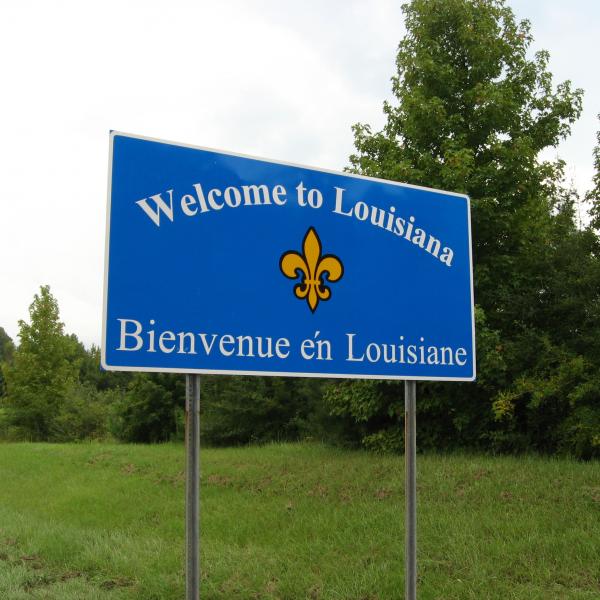The New York Times reported on Sunday that Washington, D.C., the earliest American city to have a black majority, now has a minority black population for the first time in over 50 years. Gentrification, white flight into the city, and something of a reverse Great Migration have fueled the changing demographics. Longtime locals now fear the anticipated losses of black political power, businesses, and culture. Let’s examine these fears in reverse order.
On July 12, Professor Waldo Martin told our class that he believes music to be “front and center” of culture and that “American culture has no meaning without African American culture.” As Washington, D.C. becomes less African American, will its music be less African American, or is it enough of the “bedrock” of popular culture Professor Martin declared it be to remain stable? In some ways, the home of Duke Ellington, Roberta Flack (not by birth, but a Howard graduate), Marvin Gaye, Toni Braxton, Mya, and Ginuwine (yes, that Ginuwine of “Pony” fame) had already given way to Dismemberment Plan and the like. Meanwhile, go-go, the District of Columbia’s first indigenous genre, emerged in the late 1960s and early 1970s as an amalgam of funk, soul, and, eventually, hip-hop. After reports of violence at go-go clubs, many, such as a hot venue on U Street, have since shut down, and others, such as a gay go-go club, shuttered their doors when the Nationals came to the Southwest region (it did just reopen). While go-go is still played on some hip-hop radio stations and in the occasional dance club, it no longer has the broader appeal that it enjoyed decades ago.
My friend who lives and writes in D.C. told me that white rock, punk, and electronica fans now fill the once-black music scenes of U Street and H Street NE. Additionally, he pointed to the recent craze of Moombahton, an electronic dance genre created by a white, suburban DJ, whose Dutch-house-music-cum-Reggaeton style has even crossed the pond. In an interview with The Fader, the innovating DJ said, “I can’t play house/techno shit, I’ll get jumped. So I had the idea of slowing down some of the tropical/Dutch house stuff I had on CDs.” It seems to me that his fear of playing house or techno stems from his discomfort in spinning originally black, or at least American, idioms (yup, young African Americans from Detroit originated techno). On the other hand, the black derivation of electronic dance music may further prove Professor Martin’s point that, regardless of how whites appropriate black culture, black culture is foundational.
Commercially, laws enacted by majority-white city councils have ignored or even negatively targeted businesses that cater to African Americans. However, Anwar Saleem, the owner of a women’s hair salon quoted in the New York Times article, asked rhetorically, “Do you want to sell what you want, or do you want to sell what people want to buy? If you change your attitude, guess what? It will change your pocket.” He may be taking a record out of Berry Gordy’s catalogue.
In the heart of these fears lies the loss of political power, as the success of businesses and, in turn, the dissemination of culture, often stem from it. The District of Columbia, like most American cities, is heavily segregated. In the April 26 special election for an at-large seat on the D.C. Council, votes mirrored the city’s racial geography. This time, the winning African American candidate hung on for a plurality of only 28% to the leading white candidate’s 26%. Many residents fear that the demographic change will alter the political landscape. Some even refer to the demographic trend and loss of black political power as “The Plan” that whites have instituted since the 1970s to take back the city. As former black Mayor Adrian Fenty’s support of the now-ousted Chancellor of D.C. Public Schools Michelle Rhee appeared as autocratic and damaging to the vastly African American students, I wonder how true the words of Leroi Jones have rung to black Washingtonians since well before this demographic shift: “Look at your LEADERS. What do they look like? Do they look like you, any of you??? If they do, then you have something to lose. And chances are you’ll lose it.” (Jones 1966, 190)
-- Charles Rosentel
Image of the 800 block of H St NE provided by Wikipedia Commons.



